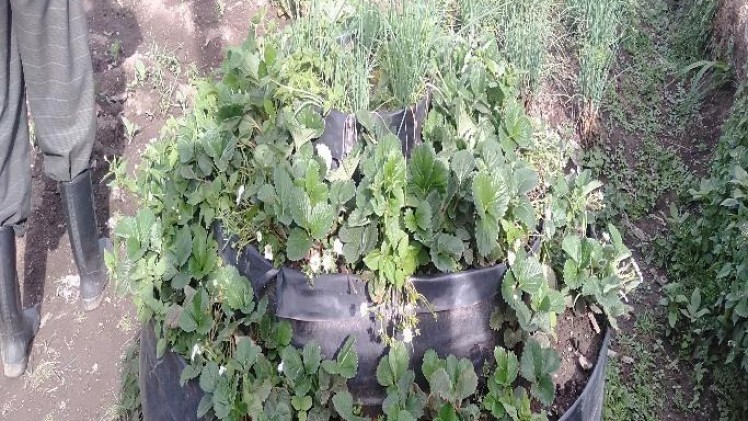EAST AFRICA PERMACULTURE
NAKURU -MOLO
Prepared by Joash Barasa Wakhungu, Innovativecommunities.org
Permaculture is a gradual holistic change that allows communities to become self-sufficient.
The production of food is disturbing in Africa because most people want new technologies, and they do not know the secret behind permaculture. Today I am glad to be where I am because the three communities where we have implemented our ICO projects are enjoying pure healthy organic food.
For example, the three communities where we have installed permaculture are harvesting food in every season. Whether it is a season of drought or a season of rain, they are harvesting food. In permaculture we do not rely on seasons, we implement something that is permanent.
The two single women who work on our projects, Monica and Christine, are also implementing permaculture on their doorsteps because they have come to realize that they don’t need big shambas (farms) to grow food; they can have kitchen gardens. The logic of permaculture is the principle of how to grow food without straining or using so-called new technology or chemicals to grow. Rather, permaculture is about using local materials and turning them from a liability to an ability.
The women working on our permaculture sites are happy because they are getting something to put on the table, especially during hard times, like now. They do not have to buy all their food, and this allows them to survive and save. Women are the breadbasket of the families, which is why Mark and Josanne decided to help these two single mothers.
We are applying a lot of creativity to come up with different techniques that enable people to have their own gardens and produce what they eat, rather than eat what they have not produced. Also, before our project, they did not know the source of the food they were buying. I am trying to teach the children, the men, and the women in the community of Kisii Ndogo, where there is a scarcity of land and a lot of mouths to feed. See the pictures below.
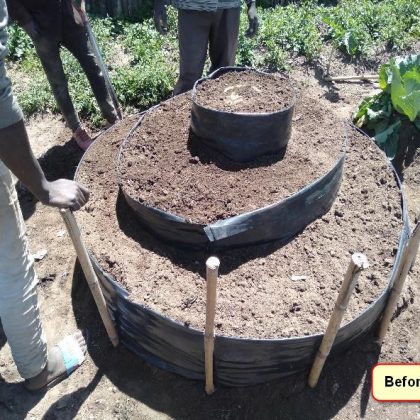 |
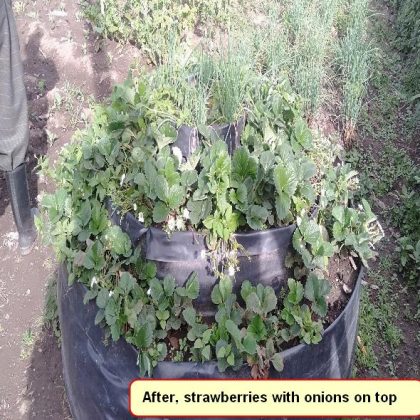 |
The multistory garden pictured above can hold different types of plants, depending on what a person has and intends to plant. The garden has three layers, with strawberries on the first and second layers and onions on the third, and it is doing well.
In the same place in Kisii Ndogo we have a site that is 73 m by 35 m. The site was left for some years because nobody was willing to plant. They believed that the soil was bad, and they didn’t have a solution. The community handed this plot over to us, and you cannot believe what we have achieved. Always with permaculture we think about the solution, not the problem.
First, I determined whether the soil had an acidic or alkaline base. The results were as follows:
1.The PH was too high which showed that the soil had a lot of acid, ranging between 2.5-3.5.
2.The alkaline was high, which showed that there were low nutrients, especially micronutrients, and iron was deficient, including iron chlorosis.
So, when I understood the problem, I had the solution: We applied only natural fertilizers, animal manure and compost, to the site. This was the worst site: nobody wanted it, even for free, but look at it now! It is a great example of working with permaculture principles, techniques, and ethics.
See the final pictures below.
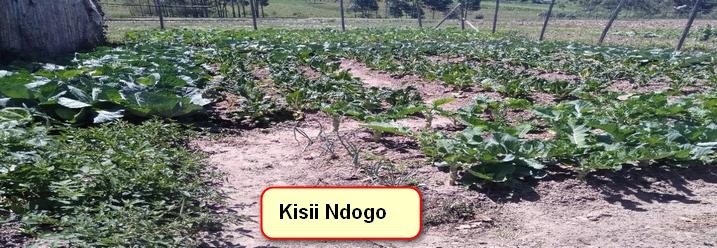 |
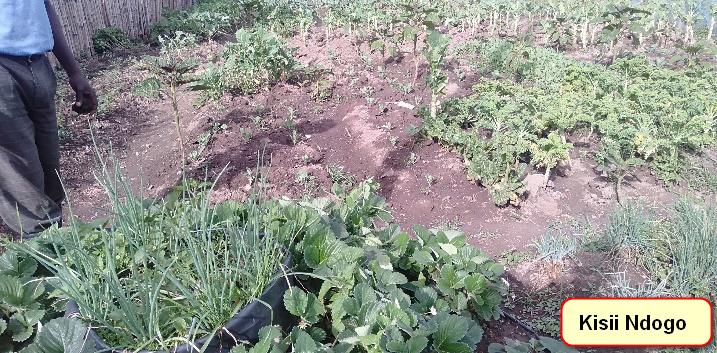 |
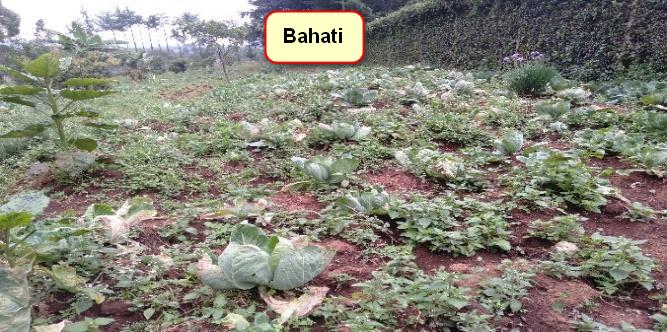 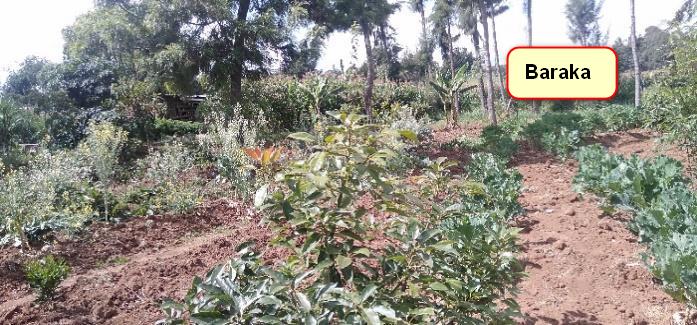 |
All of this is happening because of the efforts of Mark and Josanne to ensure that the locals in marginalized communities are accessing pure healthy organic food. On behalf of the communities, I say thank you for all that you are doing! May God always protect you wherever you are and Bless you. With my whole heart I say thank you for what you have implemented; all of this is happening because of you.


